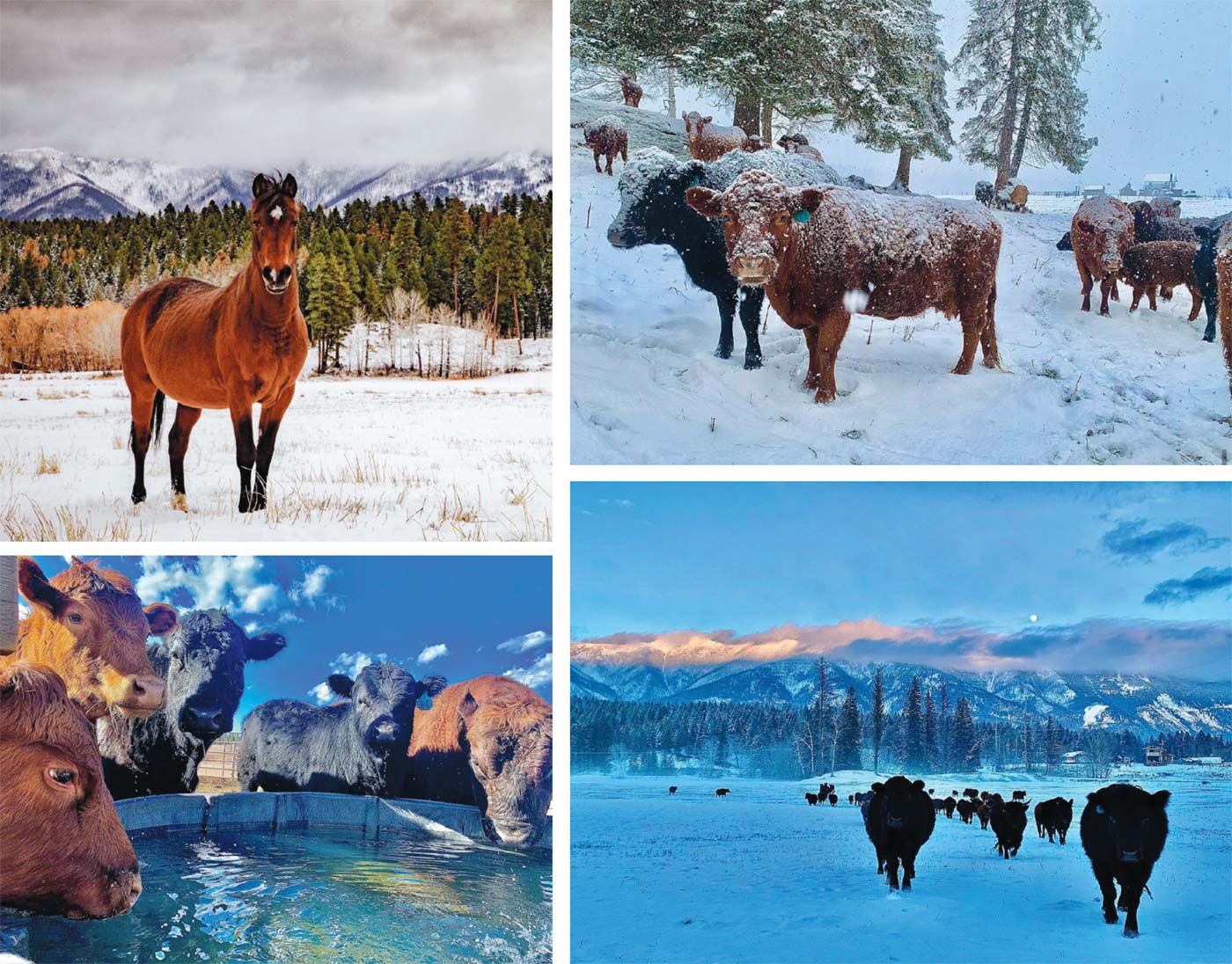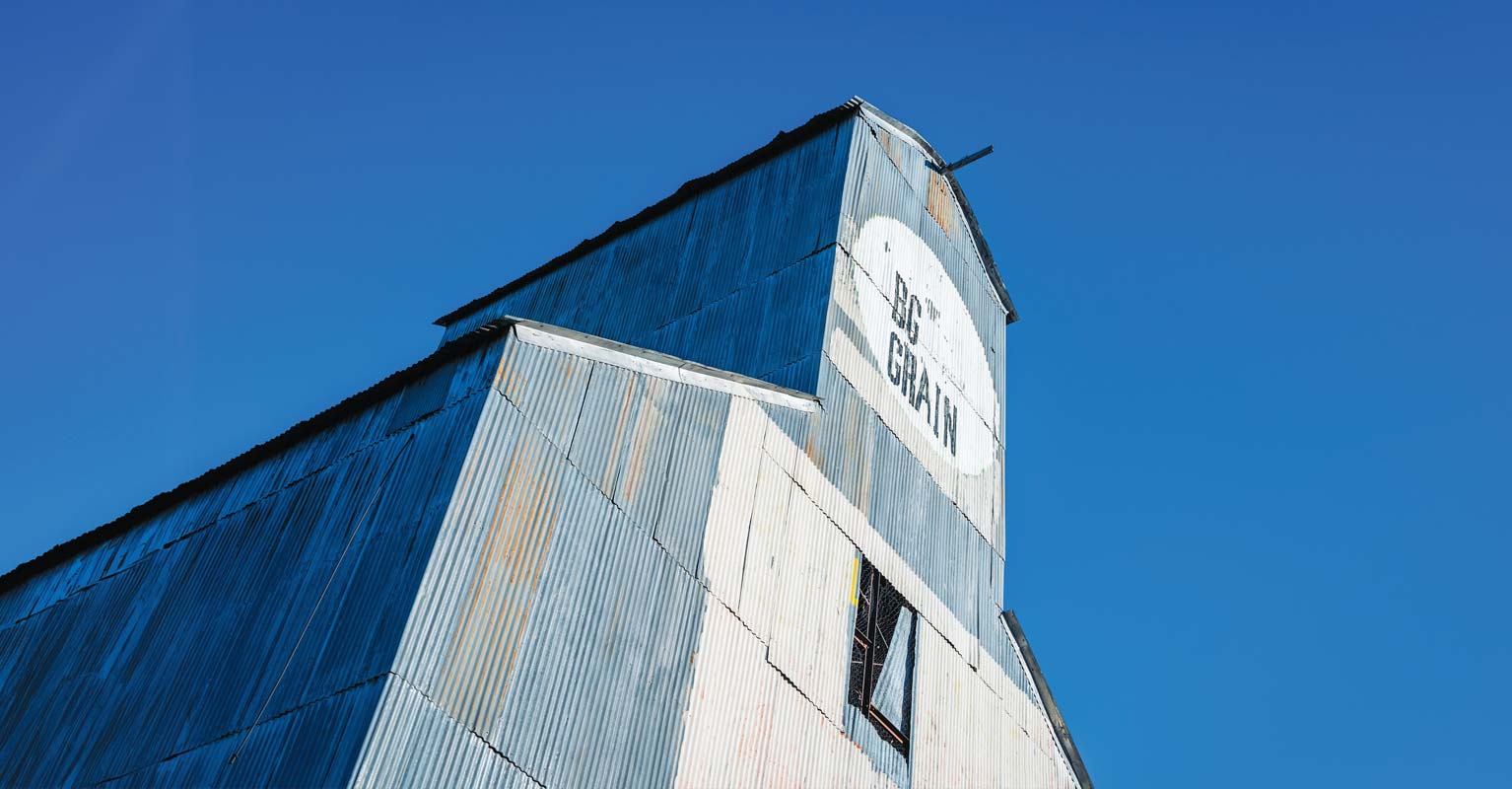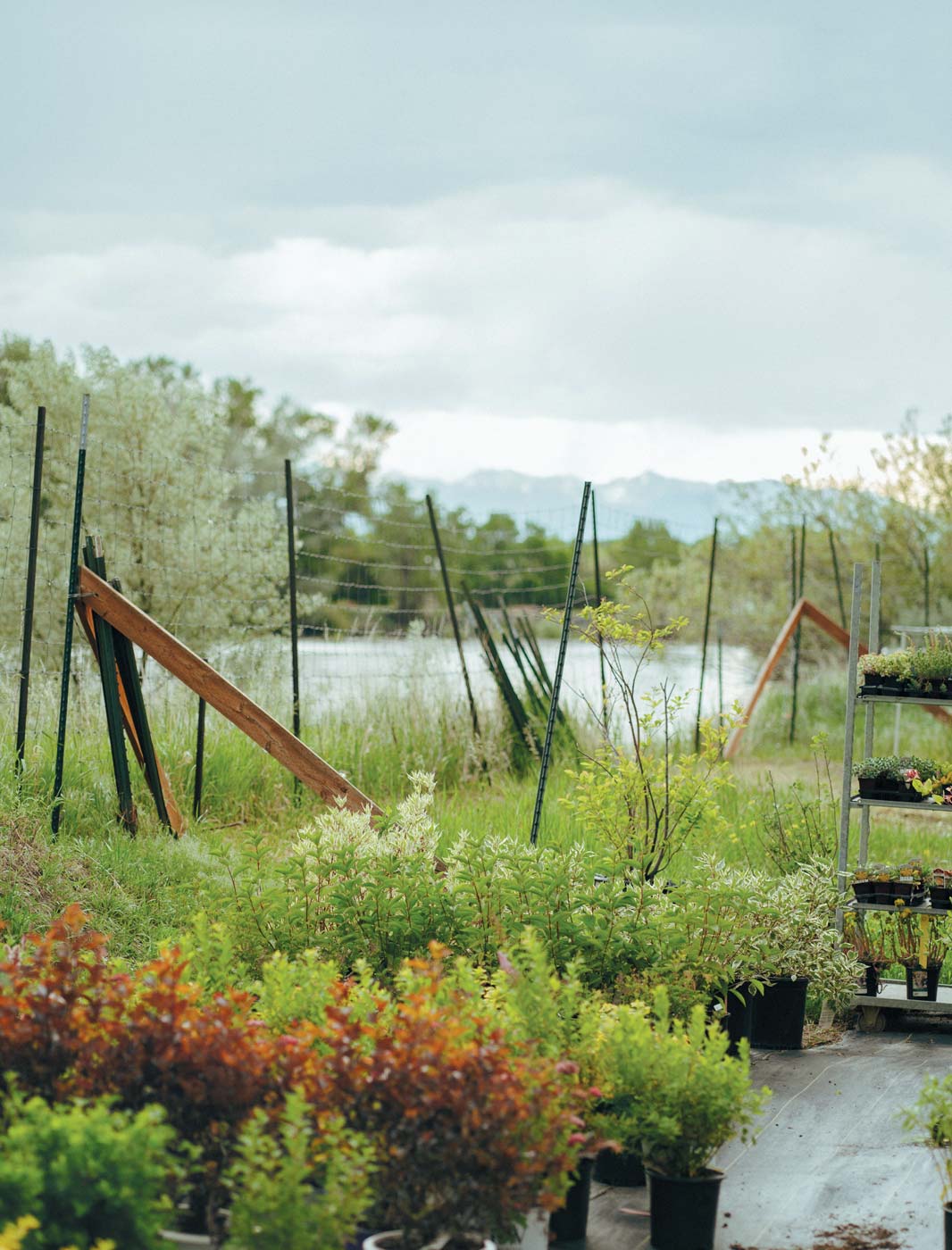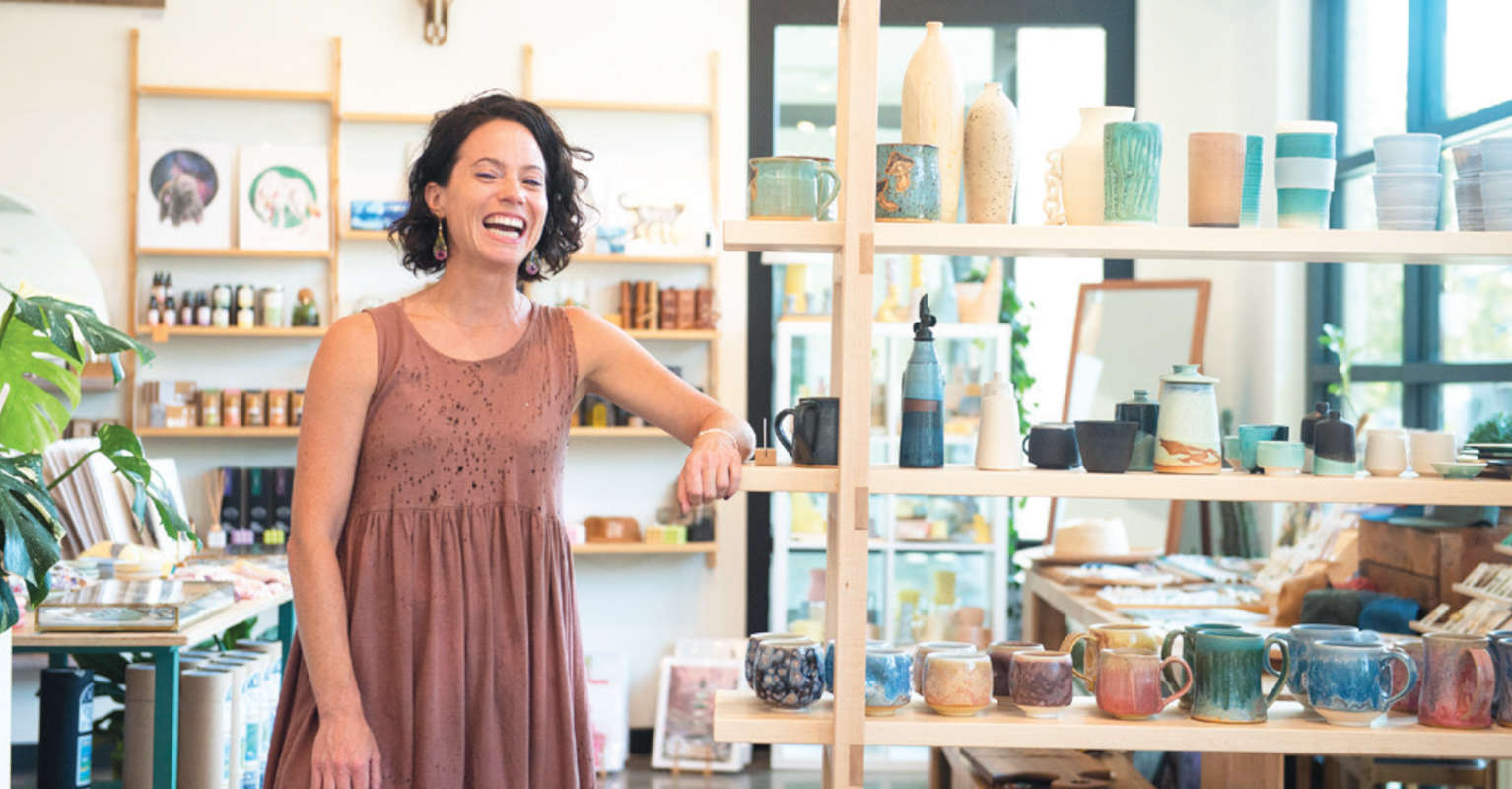Interview: Beef Without the Blarney
Tucked in a meadow bottom in the heavily timbered Tobacco Valley of northwest Montana, Blarney Heights Farm is working to preserve the Irish Dexter cattle breed through a sustainable, grass-fed, direct-toconsumer model. Brian and Karla Gorman live on the farm with their two children.
Edible Bozeman: Why do you ranch?
Brian and Karla Gorman: We ranch because it’s what we love. Being outside with nature, in all of her elements and glory, is something that cannot be duplicated or replaced. Mark Twain once said, “The two most important days in your life are the day you are born and the day you find out why.” Well, we have found out why and we wouldn’t trade our lifestyle for anything.
EB: Dexter cattle are a heritage breed. What does that mean and why are you preserving that legacy?
B&KG: A heritage breed is a type of animal that has been in existence for a long time, generally bred for a specific purpose in a specific place. In the case of the Dexter, they were originally developed and raised in the harsh, mountainous regions of southern Ireland. They developed cold hardiness, compact and rugged body types, and the ability to adapt and thrive in constantly changing conditions. Sounds like the perfect match for Montana, right?
They were originally bred to be a dual-purpose bovine, in that they provide a phenomenally tender beef but also make for a fantastic dairy cow. For us, this legacy is worth preserving because it is one that is truly threatened. Three times in the recorded history of the Dexter, they have been on the verge of extinction in their native Ireland. Their very nature—their ruggedness, adaptability, and their will to carry on—draws a parallel to the story of the American rancher, specifically in Montana, and reminds us every day that those who came before us paved the way for those to follow.
EB: What does “sustainable ranching” mean to you?
The Dexter’s very nature— their ruggedness, adaptability, and their will to carry on—draws a parallel to the story of the American rancher, specifically in Montana, and reminds us every day that those who came before us paved the way for those to follow.

B&KG: We believe in being sustainable for future generations, and for the health of our planet; however, we believe simply being sustainable isn’t enough, which is why we practice regenerative agriculture. This means taking cues from nature in order to improve the biodiversity and health of our ranch.
EB: What are some of the greatest challenges you face as a rancher today and what are some things you do to overcome them?
B&KG: Our biggest challenge is the artificially low beef prices off ered by large distributors that are flooding the market. Our prices are competitive with other ranchers who share our vision and philosophy about direct-marketing a clean, nutrient- dense, locally raised beef to our local communities—however, the majority of Montanans still go to Costco, WinCo, Super 1, Rosauers, and other larger supermarkets to purchase beef that isn’t even necessarily raised in the U.S.
We strive to be transparent with our loyal customers about our methodology and practices and we welcome folks to the ranch to see exactly what we are doing. We take time out of the day to answer questions and talk with those who are curious about the benefits of a truly locally raised meat product. And of course, we reach out to newcomers so they can taste the diff erence for themselves of a grass-fed, grass-finished beef product raised at a location that is accessible to them, by a family they can come to know.
EB: What are some of the greatest rewards of being a rancher?
B&KG: By far the greatest reward to us is being able to provide a life and livelihood for our family, all while doing something we are passionate about and love dearly. It is truly rewarding to raise our children in an environment where hard work is learned, independent minds are fostered, creativity and problem solving is a daily part of life, and a “never quit” attitude is taught. Couple all of that with teaching our children the importance of being connected to our ecosystem and our food cycle; it’s an experience and reward we treasure each and every day.




